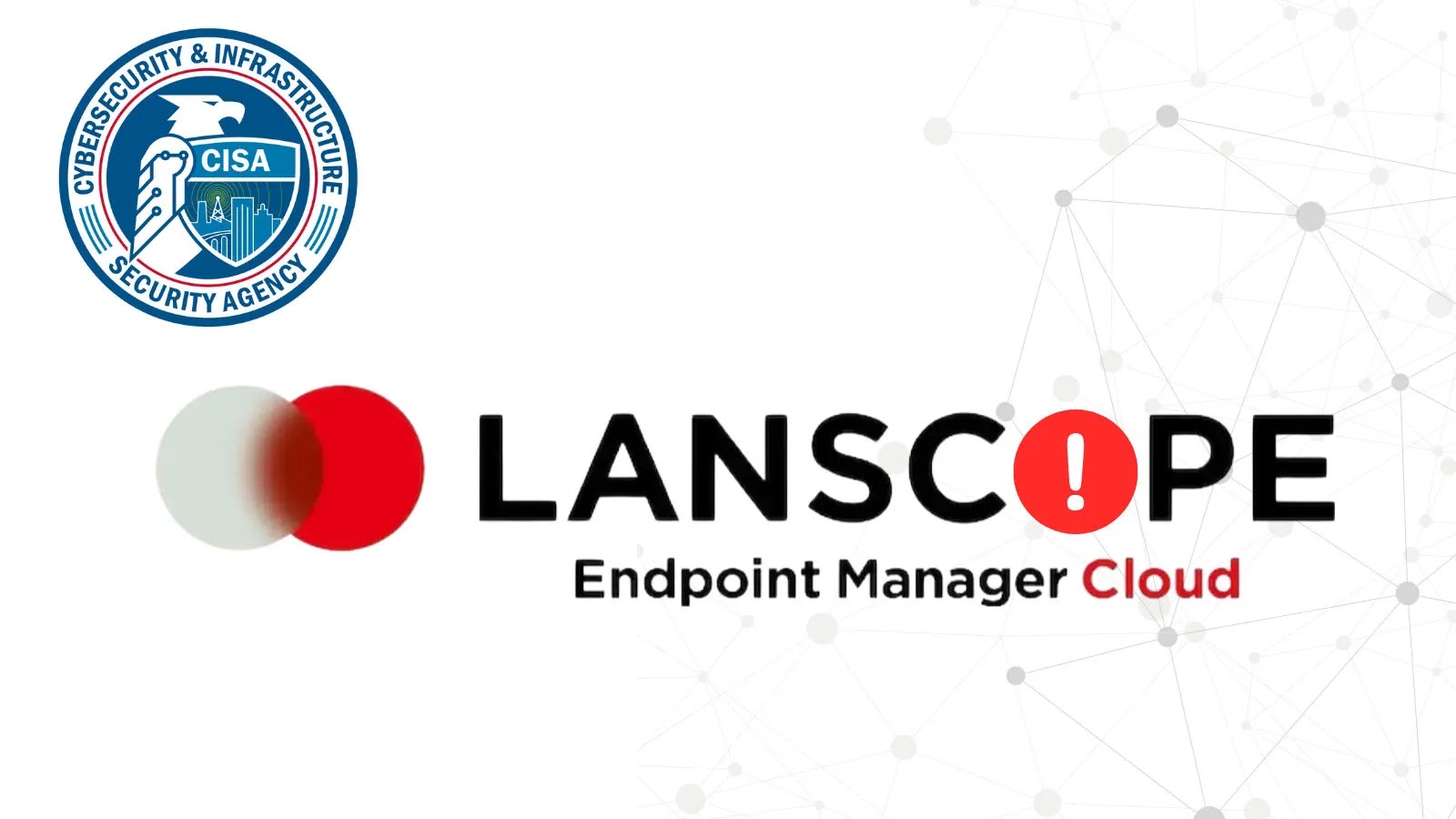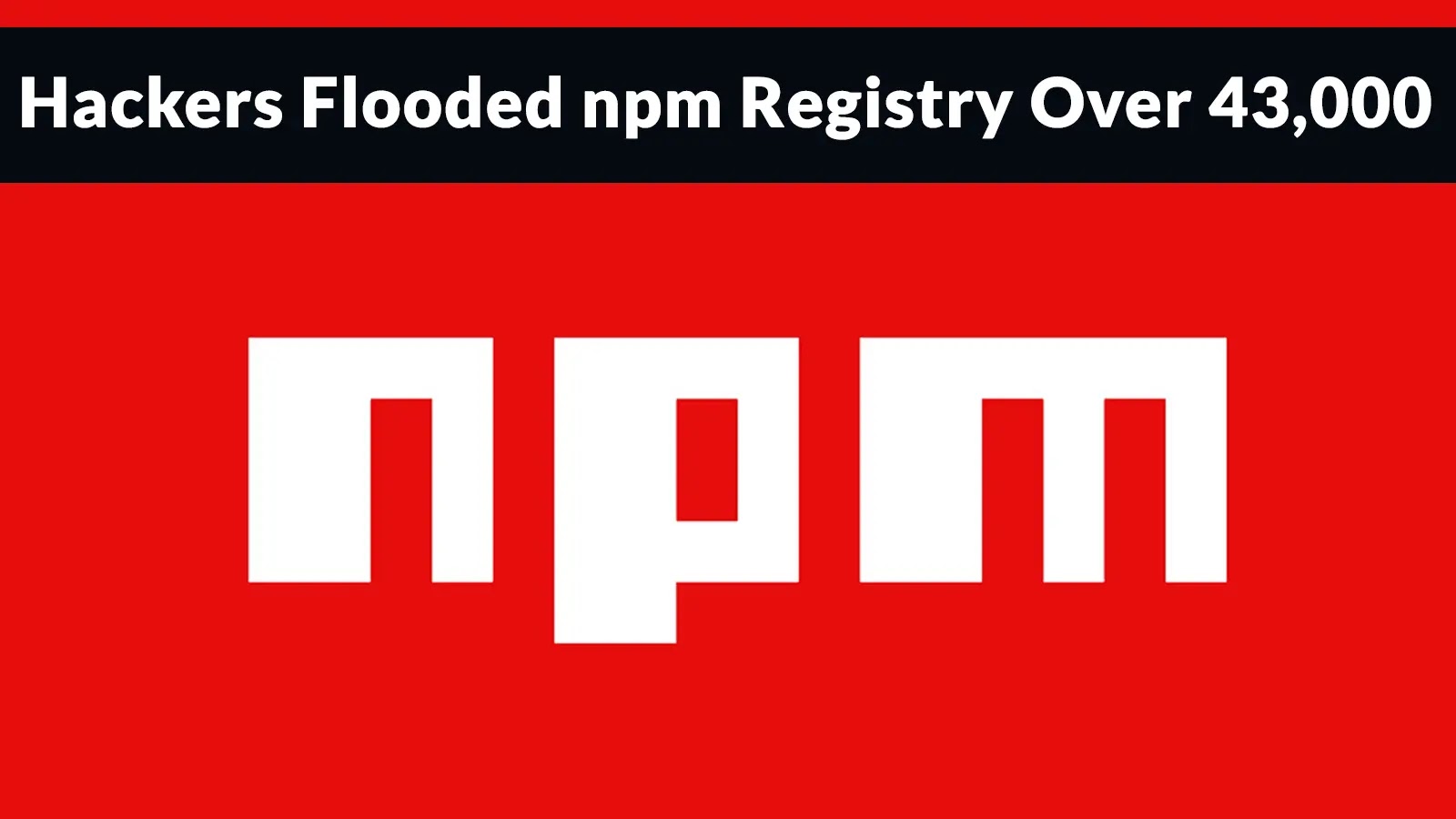AI Industry’s Alarming Security Oversight: 65% of Leading Companies Expose Sensitive Credentials on GitHub
A recent security investigation has unveiled a significant vulnerability within the artificial intelligence (AI) sector: 65% of top AI companies have inadvertently exposed verified secrets on GitHub. These leaks include API keys, tokens, and other sensitive credentials, potentially compromising proprietary operations and intellectual property.
Scope of the Investigation
The study focused on 50 leading AI companies listed in the Forbes AI 50. Researchers discovered that a substantial majority had security lapses, leading to the unintentional disclosure of critical information. These exposures were found in various GitHub repositories, including deleted forks, gists, and personal developer accounts—areas often overlooked by standard security scans.
Methodology: A Comprehensive Approach
Unlike conventional secret-scanning tools that perform superficial checks, the researchers employed a multifaceted strategy:
1. Depth Analysis: This involved scrutinizing complete commit histories, deleted forks, workflow logs, and gists to uncover hidden vulnerabilities.
2. Perimeter Expansion: The team extended their search to include secrets accidentally committed by organization members to their personal repositories, recognizing that individual developer accounts can serve as entry points for attackers.
3. Coverage Enhancement: The researchers addressed detection gaps for emerging AI-specific secret types across platforms such as Perplexity, Weights & Biases, Groq, and NVIDIA, ensuring a comprehensive assessment of potential exposures.
Notable Findings
The investigation revealed several critical exposures:
– Langsmith API Keys: These keys granted organization-level access, posing a significant risk if exploited.
– ElevenLabs Credentials: Enterprise-tier credentials were found in plaintext configuration files, making them easily accessible to unauthorized parties.
– Hugging Face Tokens: An anonymous AI50 company exposed a token that provided access to approximately 1,000 private models, alongside multiple Weights & Biases keys compromising proprietary training data.
Alarmingly, 65% of the exposed companies collectively hold a valuation exceeding $400 billion. However, the issue isn’t confined to industry giants; smaller organizations with minimal public repositories also demonstrated significant exposure risks.
Industry Implications
These findings underscore a pervasive issue within the AI industry: the rapid pace of development often outstrips the implementation of robust security measures. The exposure of sensitive credentials not only jeopardizes individual companies but also poses broader risks to the integrity and trustworthiness of AI technologies.
Recommendations for Mitigation
To address these vulnerabilities, AI companies are urged to adopt the following practices:
1. Mandatory Secret Scanning: Implement comprehensive secret scanning protocols for all public version-control systems to detect and remediate exposed credentials promptly.
2. Establish Disclosure Channels: Develop clear and accessible channels for reporting security vulnerabilities, ensuring swift remediation and minimizing potential damage.
3. Custom Detection for Proprietary Secrets: AI service providers should create tailored detection mechanisms for proprietary secret formats, recognizing that standard scanning tools may not identify all exposures.
4. Security Policies for Personal Repositories: Recognize that developers’ personal repositories can serve as attack vectors. Implement security policies during onboarding to treat these personal accounts as extensions of corporate infrastructure.
Conclusion
The AI industry’s rapid advancement must be matched by a commitment to robust security practices. The exposure of sensitive credentials on platforms like GitHub highlights the need for comprehensive security measures that evolve alongside technological developments. By implementing proactive strategies and fostering a culture of security awareness, AI companies can safeguard their innovations and maintain the trust of their stakeholders.



